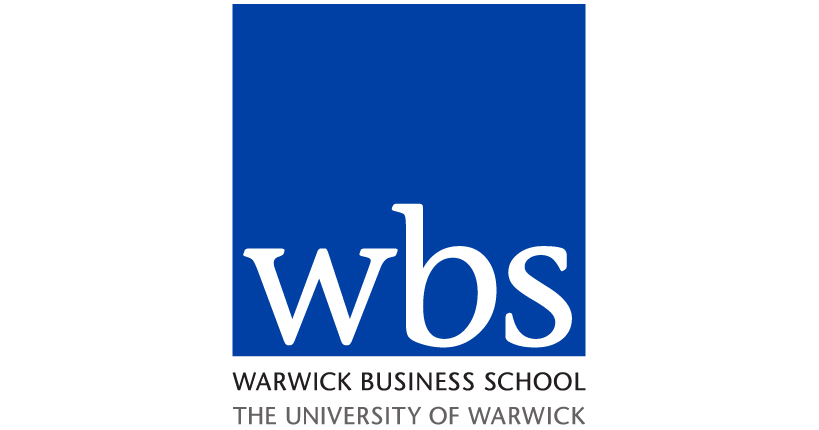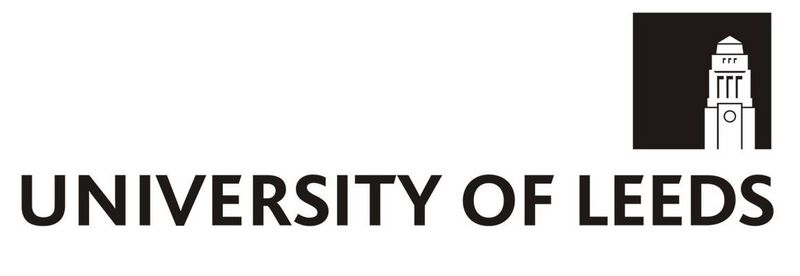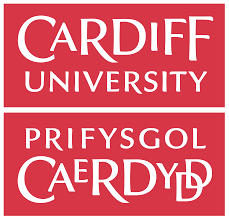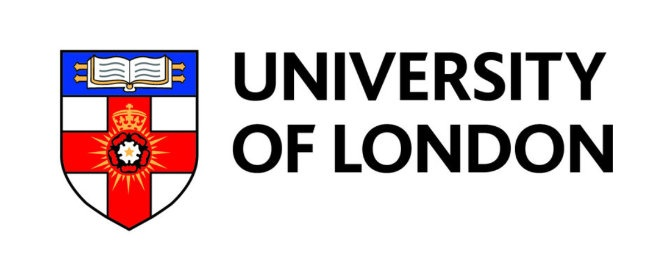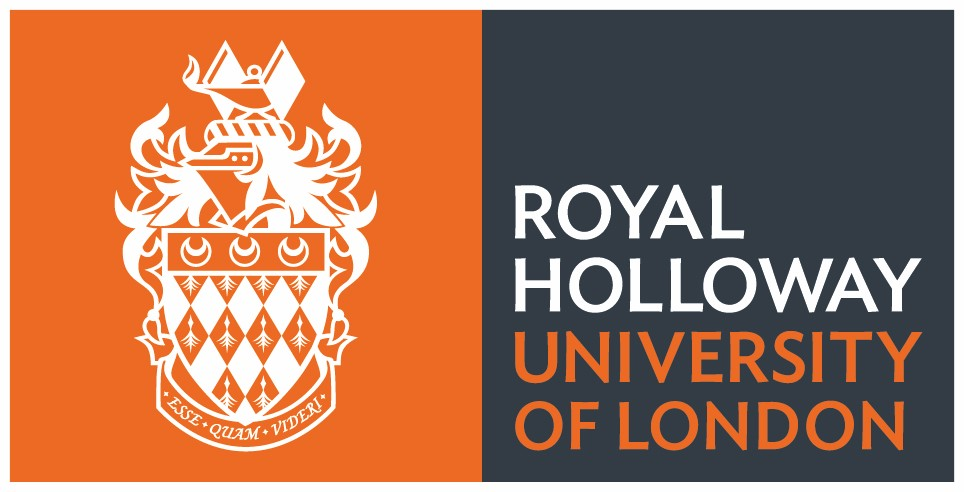News
UKUH Shard Finale
Despite the numerous train strikes literally derailing the final planned event of our research programme, we are pleased that the UKUH Finale event was held at The Shard in London on October 12th, 2022! The event marked the culmination of our four year, £8M multidisciplinary research programme, which included a range of topics spanning from understanding shale gas resources in the UK to quantification of environmental impacts and the understanding of public attitudes to shale gas. While the event was not a true hybrid meeting, those unable to attend in person were able to tune in to the presentations and Q&A sessions via live streaming thanks to technical support from Warwick Business School. Our event programme was accompanied by the talented live illustrations of Rikki Marr from Hawk and Mouse. To see the full live illustrations, click here: UKUH Shard Live Illustration
The finale was co-hosted by the Challenge 1 PIs of the UKUH Research Programme, Professor Mike Bradshaw of Warwick Business School and Professor Richard Davies of Newcastle University. Professor Bradshaw welcomed a room of UKUH programme researchers and stakeholders by giving a summary of the research programme’s journey, key findings, and legacy projects.
Professor Richard Davies followed Bradshaw’s welcome with an overview of the research programme’s geoscience research before chairing the first panel of the day. Our first panel, “Induced Seismicity: predicting, monitoring, managing, and reporting,” featured research produced by Challenge 3 (Coupled processes from reservoir to surface) and Challenge 4 (Contaminant pathways and receptor impacts). Professor Mike Kendall of University of Oxford, PI of Challenge 3, presented first on monitoring induced seismicity and the insights gained regarding monitoring strategies and natural processes. Dr Brian Baptie of the British Geological Survey, Co-I of Challenge 4, followed with a presentation on assessing risks of induced seismicity. Lastly, Dr James Verdon of University of Bristol, a Co-I of Challenge 3, discussed the effectiveness of traffic light systems to monitor induced seismicity.
Professor Mike Bradshaw offered a comprehensive “bottom line” overview of the social science research produced by UKUH. Bradshaw’s overview was followed by the second panel, “Understanding the Evolving UK Shale Gas Socio-Political Landscape,” which featured social science research presentations produced by various subgroups of UKUH’s Challenge 5 and Challenge 1. Dr Laurence Stamford of The University of Manchester focused on shale gas life cycles as well as a holistic summary of the environmental takeaway messages from UKUH. Subsequently, Dr Laurence Williams of University of Sussex looked at the political symbolism of shale gas, linked to his recent Conversation essay. Dr Stacia Ryder of University of Exeter discussed engagement, support, and opposition to shale gas within local communities from Great Altcar & Formby as well as Woodsetts. Dr Joanne Hawkins of the University of Leeds concluded the panel presentations with a focus on planning and policy around shale gas, leading to a continuation of policy discussion during the lively Q&A.
The third and final panel was a Q&A on the futurity of the UKUH research programme, chaired by Richard Davies. Panellists included Challenge 5 PI Professor Patrick Devine-Wright of University of Exeter, Research Program Manager of Schlumberger Cambridge Research Dr Mike Williams, and Professor Mike Bradshaw. The panel was met with enthusiastic discussion from audience members, with the conversation bouncing from the future of renewables to carbon capture and storage research initiatives like Net Zero Rise.
Last modified: Fri, 10 Feb 2023 15:27:46 GMT


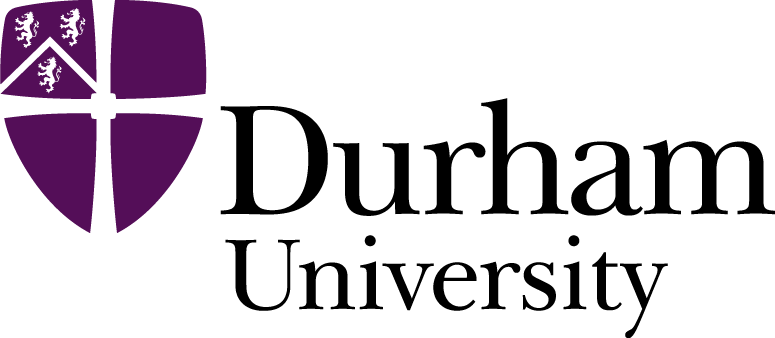


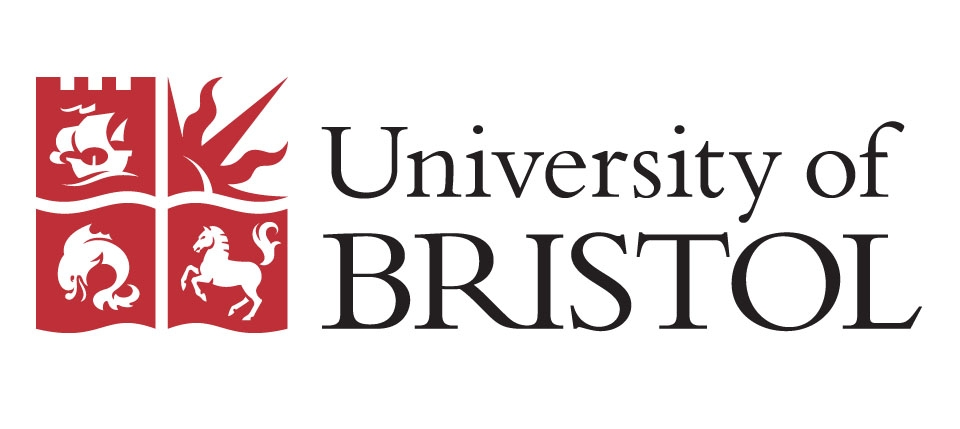

.png)
